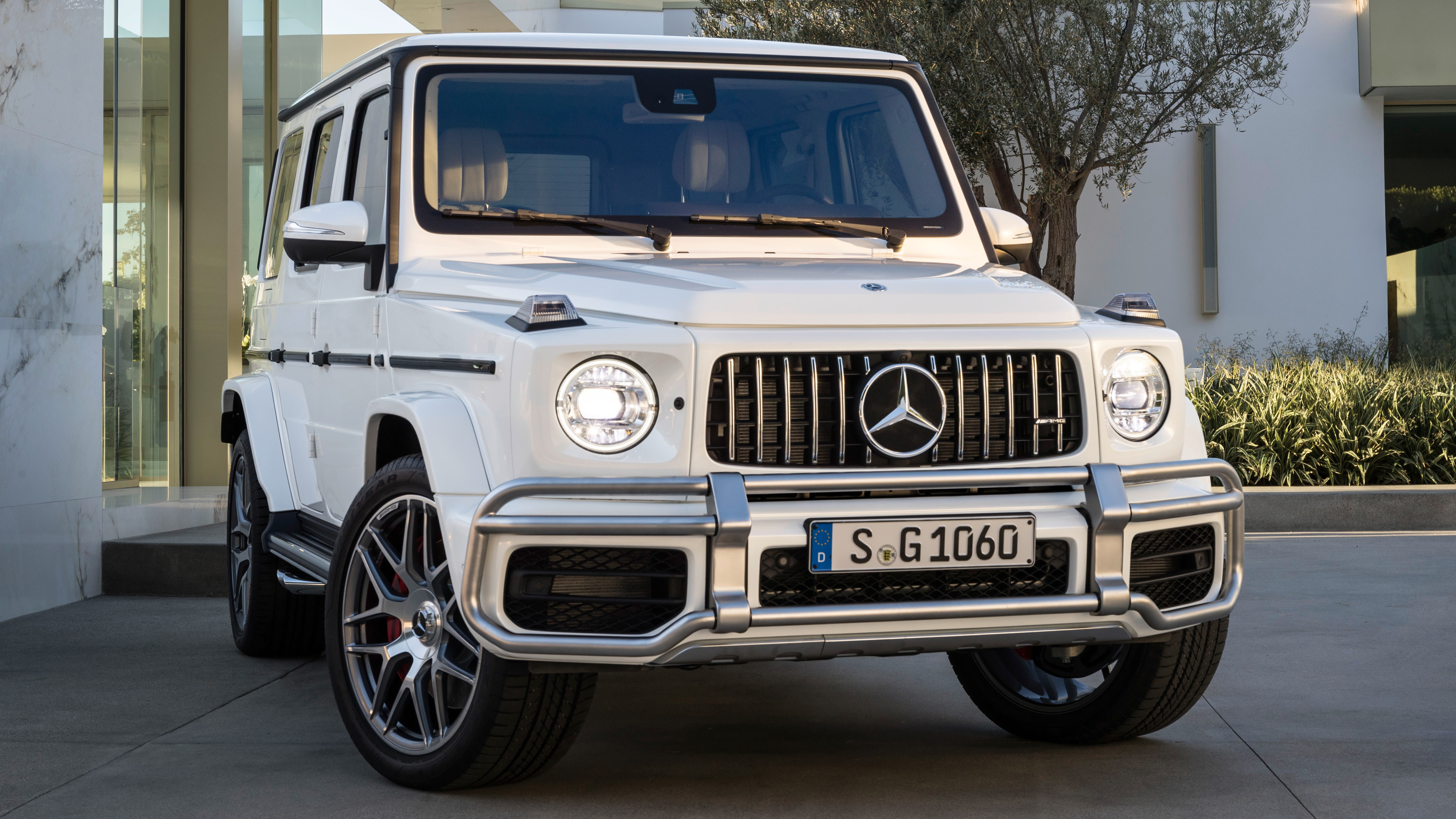Mercedes' AMG Lineup Might Be Hugely Scaled Back: Report
In the next few years, penalties in Europe for automakers who don't meet European Union emissions requirements are going to get very, very steep, to the tune of tens of billions of dollars if they were in place right now. In response, automakers have been scrambling to electrify their lineups. The Financial Times recently took a look at just how deeply unprepared most of them are.
Europe traditionally has been home to two things that we see far less of than in the U.S.: diesel-powered cars and the wide proliferation of small, sensibly-sized vehicles instead of big trucks and SUVs. But Dieselgate kind of took the air out of automakers wanting to go down that path again, in addition to consumers really believing that they were any better on CO2 gases than gasoline engines. (They are, generally, but consumer perception is a powerful thing.)
More troubling has been the rise of the SUV, with 35 percent of the European market belonging to that segment last year, as opposed to just 20 percent in 2014. All of which has meant that CO2 levels have actually risen in Europe since 2017.
Enter the emissions regulations, a process started in 2008 with the full awareness of automakers in Europe, and one that will see its harshest penalties yet come into fruition by 2021. Automakers have had over a decade to prepare for this, in other words, but the problem has been that consumers, even in Europe, just aren't very interested in electric cars, such that they were less than three percent of the market last year.
Some automakers, like Peugeot, whose lineup is pretty small, are well-positioned to deal with the regulations but others, like Daimler, are very much not. Which is all a long way of saying: Mercedes' AMG line may be in for a serious haircut.
Via the FT:
Last month Daimler revealed a gulf between its current emissions of 138g/km and its target of roughly 100g/km.
"What we can't control is buyer behaviour, but we have the technologies within our portfolio to get within target range," chief executive Ola Kallenius told investors in London last month.
The German group is expected by many dealers to cut production of its most polluting models. In its crosshairs is the Mercedes AMG range, its highest-specification models that have supercar acceleration and the body of a family saloon. A reduction of 75 per cent in the availability of some models within the AMG range is expected by several retailing executives, who spoke on the condition of anonymity.
This poses a serious profit risk. While it never breaks out the division's earnings, AMG is believed by analysts to be a significant contributor to the bottom line. "If they kill off AMG it's a catastrophe for profitability," says Bernstein's Mr Warburton.
Mercedes is far from the only automaker who is desperately trying to comply. Almost all of them seem to be cobbling together last-minute solutions. Take Ford:
Another group playing catch-up is Ford, which is not due to begin selling any fully electric models in Europe until the end of next year.
Instead, it is installing small 48v batteries in its cars to turn them into "mild hybrid" vehicles that can make fuel savings of about 10 per cent, for significantly less cost than turning them into fully fledged electric vehicles, says Stuart Rowley, Ford's European president.
Even Mazda, whose fuel-saving Skyactiv-X engine will go to Europe first to help them comply, will cut some versions of the Miata to help further with compliance, the FT reports. This all might be unfortunate if each company hadn't had over a decade to plan.
